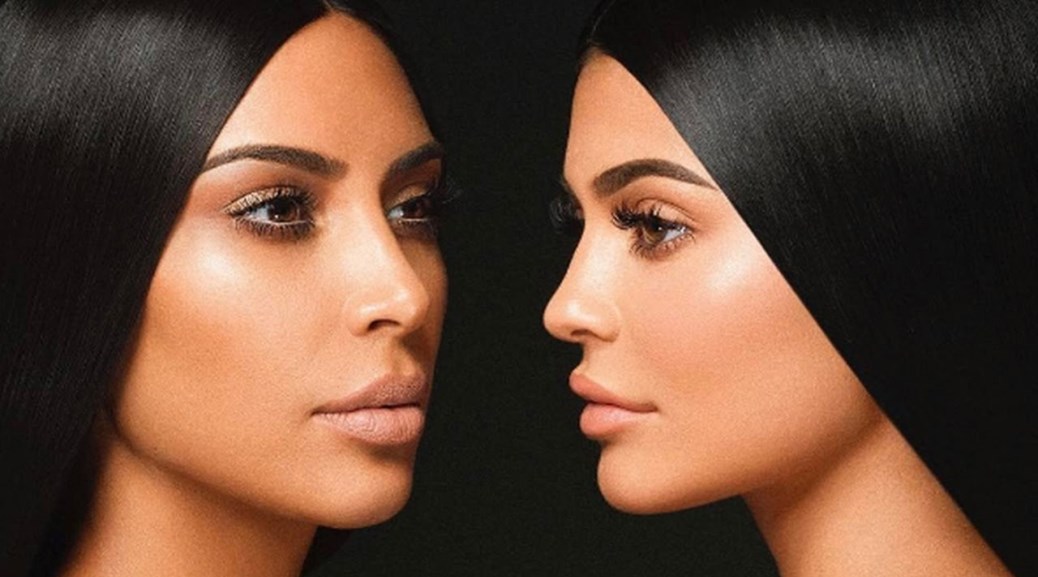Coty‘s global sales started to climb again from April to June, rising significantly in July and August.
But the improvement didn’t make up for a major loss in revenues during full-year fiscal 2020. The world’s third largest beauty company experienced a 22 per cent drop in net revenues to US$6.738 billion.
Luxury beauty and fragrance sales slumped 21 per cent to US$2.606 billion, while the revenues of the Consumer Beauty division, Coty’s largest, dropped 29.5 per cent to US$2.111 billion.
Peter Harf, Coty’s executive chairman, still believes that Coty has turned a corner.
“In the last two months, we have seen a significant improvement in business and we expect the positive momentum to continue with a return to profit in Q1”.
There’s many reasons for the optimism. Sue Nabi, the multinational’s new CEO, is poised to take over the reins.
A 25-year veteran of L’Oréal, her plan of action includes adding more wellness ranges to Coty’s portfolio, increasing direct-to-consumer capabilities and re-focusing on skincare, including major initiatives with Kylie Skin and KKW Beauty, Coty’s two recent investments in the beauty empires of Kylie Jenner and Kim Kardashian West.
According to Harf, Coty is also re-negotiating some of its prestige fragrance licenses.
The multinational’s US$4.3 billion sale of a majority stake in its professional beauty business to KKR, the global investment titan, will also close by the end of the year.
We are also going to become more agile and nimble, adds Harf. In pursuit of this asset-light strategy, Coty is working on plans to close or sell some of its factories and outsource more operations.

